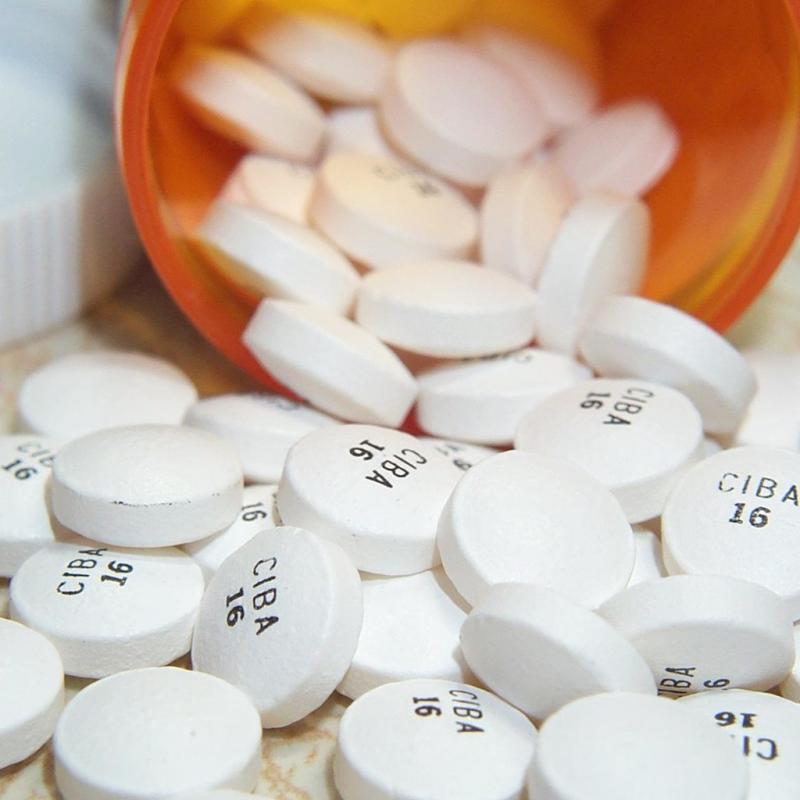Delaware has joined a multistate lawsuit that charges 20 generic drug manufacturers and more than a dozen drug company executives with price fixing and artificially inflating drug prices.
Delaware is one of 42 states joining a lawsuit first filed by Connecticut Attorney General William Tong in the U.S. District Court for the District of Connecticutt. In a television interview, Tong said drug companies and executives operated as a generic drug cartel by manipulating prices and reducing competition for more than 100 different generic drugs used to treat diabetes, cancer, epilepsy, multiple sclerosis, HIV, ADHD, and more. In some instances, officials said, the coordinated price increases were over 1,000 percent.
The complaint lays out an interconnected web of industry executives who met during industry dinners, lunches, cocktail parties and golf outings. Tong said executives would let each other know when they were raising drug prices, effectively eliminating price competition. Executives telephoned, emailed and texted one another using terms such as “fair share,” “playing nice in the sandbox,” and “responsible competitor” to describe how they unlawfully discouraged competition, raised prices and enforced an ingrained culture of collusion, officials said.
The lawsuit seeks damages, civil penalties and actions by the court to restore competition to the generic drug market.
The drugs at issue account for billions of dollars of sales in the United States, and the alleged schemes increased prices affecting the health insurance market, taxpayer-funded healthcare programs like Medicare and Medicaid, and individuals who must pay artificially inflated prices for their prescription drugs, said Attorney General Kathy Jennings in a press release.
“It’s hard enough for thousands of Delawareans – including many of our seniors living on fixed incomes – to afford basic healthcare and medication,” she said. “Schemes that tilt the playing field even further against the middle class and our most vulnerable neighbors are unconscionable, unacceptable and illegal. The people and companies responsible for this conspiracy will be held accountable.”
In addition to Delaware and Connecticut, Alabama, Alaska, Arizona, Colorado, Florida, Hawaii, Idaho, Illinois, Indiana, Iowa, Kansas, Kentucky, Louisiana, Maine, Maryland, Massachusetts, Michigan, Minnesota, Mississippi, Missouri, Montana, Nebraska, Nevada, New Jersey, New Mexico, New York, North Carolina, North Dakota, Ohio, Oklahoma, Oregon, Pennsylvania, Rhode Island, South Carolina, Tennessee, Utah, Vermont, Virginia, Washington, West Virginia, Wisconsin and Puerto Rico joined the suit.
This filing is the second multistate complaint that Delaware has joined alleging price fixing in the generic pharmaceutical market. The first complaint, still pending in U.S. District Court in the Eastern District of Pennsylvania, was filed in 2016 and now includes 18 corporate defendants, two individual defendants, and 15 generic drugs. Two former executives from Heritage Pharmaceuticals, Jeffery Glazer and Jason Malek, have entered into settlement agreements and are cooperating with the attorneys general working group in that case.
Companies incorporated in Delaware
Of the 20 drug manufacturers listed in the lawsuit, Mat Marshall, spokesman for the Delaware Attorney General's Office, said 14 of them are incorporated in Delaware and half of them operate out of New Jersey. These companies are: Teva Pharmaceuticals, Mylan Pharmaceuticals, Actavis Holdco US, Actavis Pharma, Amneal Pharmaceuticals, Apotex Corp., Aurobindo Pharma U.S.A., Breckenridge Pharmaceutical, Glenmark Pharmaceuticals, Lannett Company, Lupin Pharmaceuticals, Par Pharmaceutical Companies, Pfizer, Inc., and Wockhardt USA.
None of the 15 senior executives has a Delaware address listed, said Marshall.
























































